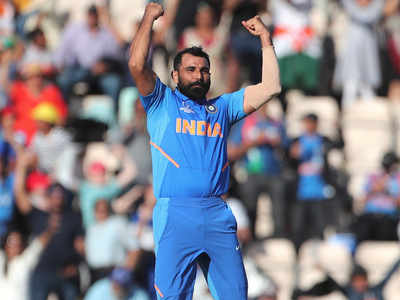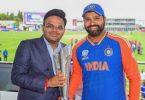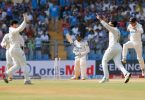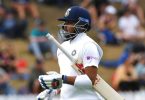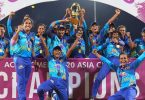When Mohammed Shami completed a famous hat-trick to win India their game against Afghanistan on Saturday, he became the second Indian after Chetan Sharma to achieve the feat in a World Cup. The lively former Haryana paceman had done it in 1987 against New Zealand and he is pleased to have company. “It is always a great feeling when your own countryman achieves something you did so many years ago. When Shami got his third wicket, I was immediately transported to Nagpur’s VCA Ground 32 years ago,” he told TOI on Sunday.
Now 53, Sharma pointed out how Shami’s feat will help revive memories of an Indian first over three decades ago. “The current generation may not know what I achieved three decades ago, but now they will know thanks to Shami,” he said, “The young generation will now know that the first World Cup hat-trick was taken by an Indian.
“I had the world at my feet back then. The next day, when I boarded the flight with the team for the semifinal, all the passengers stood up and applauded for me as I made my way in. It was a memorable moment, I still get goose bumps thinking about it. To top that, the front page of Times of India too had my photo in it and it just made my day.”
Sharma pointed out how his and Shami’s feats were similar. “We both are right-arm fast bowlers and both got the leg-stump uprooted to get to our hat-tricks,” he said, adding, with a guffaw, “And yes, we both sport beards too.” While Sharma had all his three dismissals – Ken Rutherford, Ian Smith and Ewen Chatfield – bowled, Shami’s first (Mohammad Nabi) was a catch at long-on followed by two bowled.
The former Indian pacer is more readily remembered for conceding a last-ball six to Javed Miandad that helped Pakistan beat India in Sharjah at the Australasia Cup final in 1986. “Many remember me as the one whom Miandad hit for a six in the last ball in Sharjah but they forget that I was the one who first got a hat-trick in a World Cup a year later,” he says with a half-sigh.

